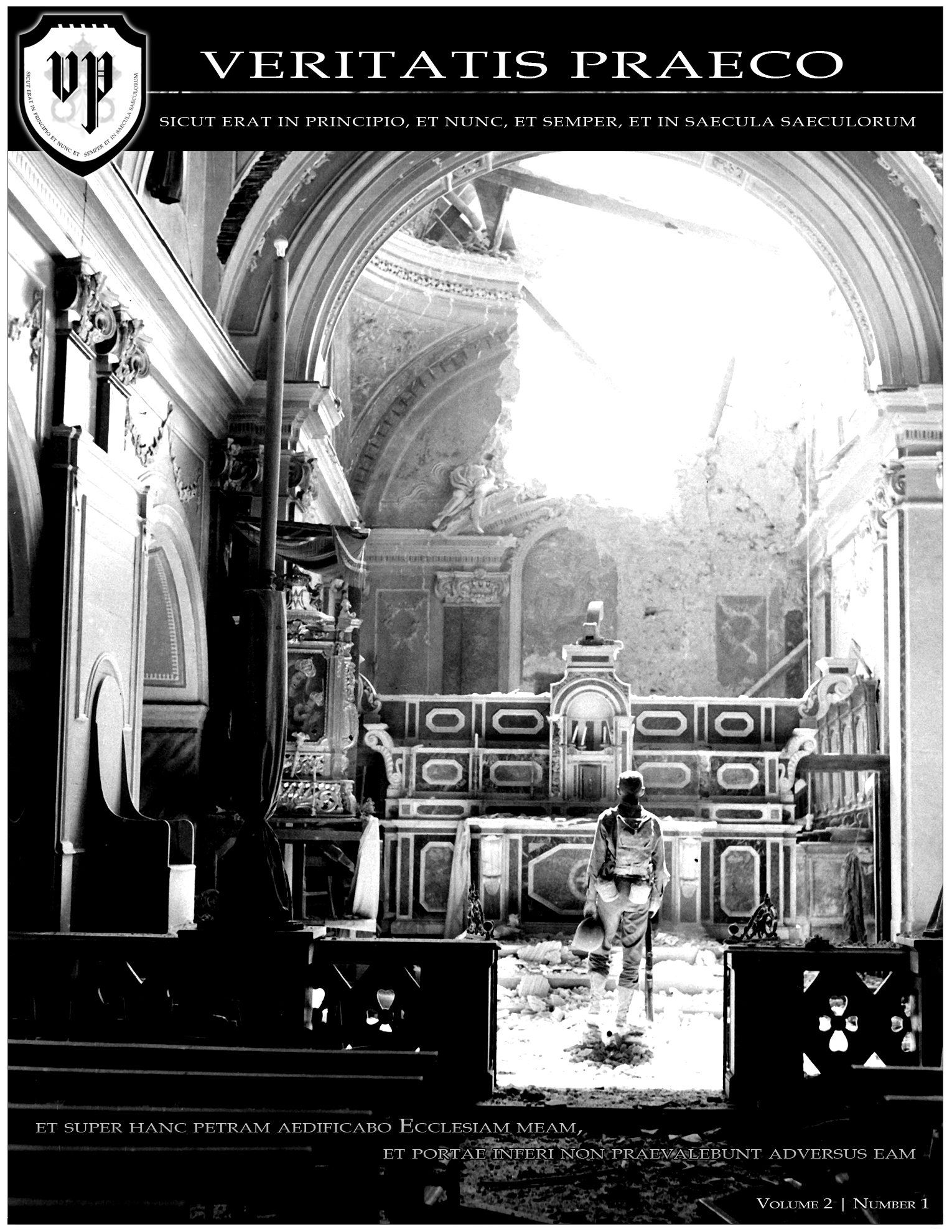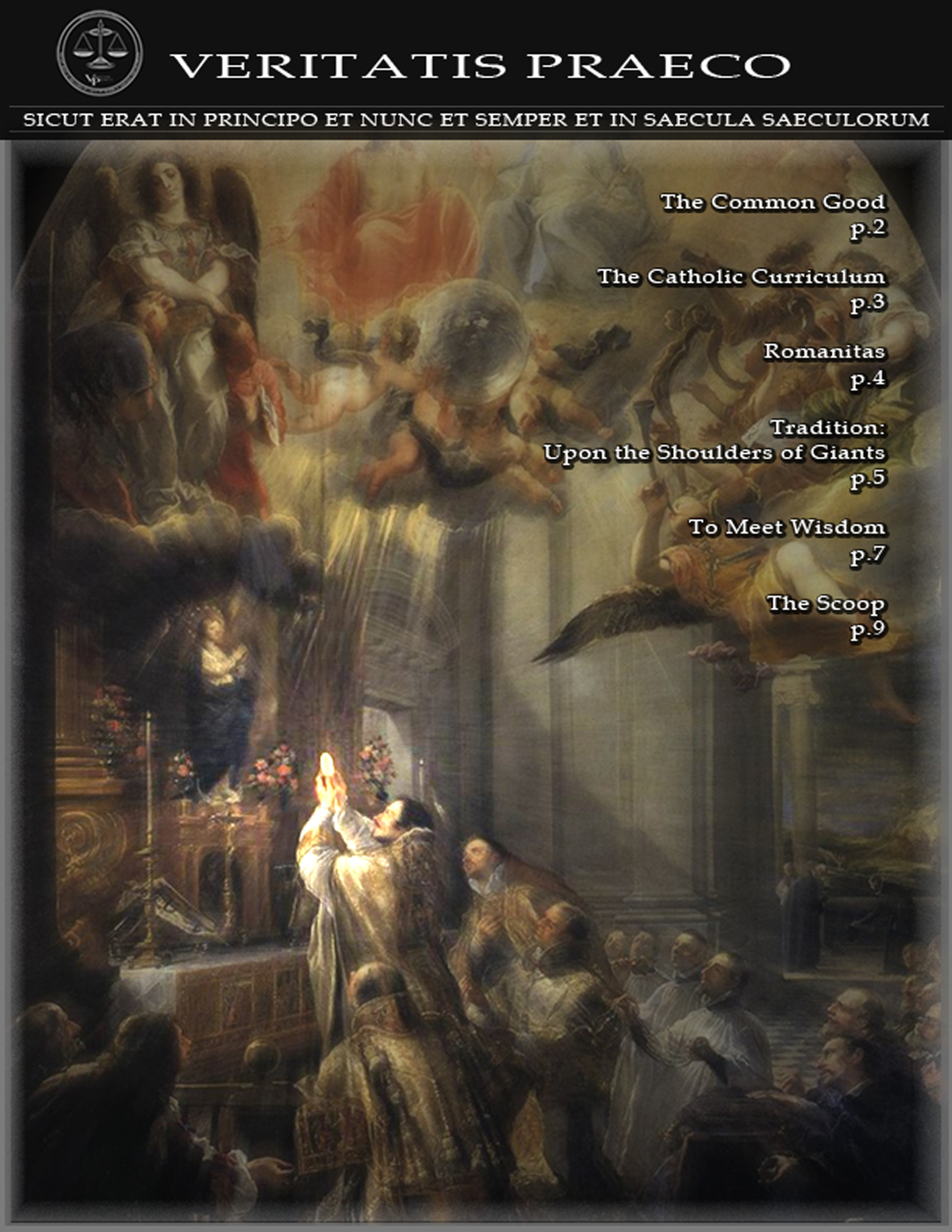Archive
The Daily Logos XXIII
“Honest criticism and sensitive appreciation are directed not upon the poet but upon the poetry. If we attend to the confused cries of the newspaper critics and the susurrus of popular repetition that follows, we shall hear the names of poets in great numbers; if we seek not blue-book knowledge but the enjoyment of poetry, and ask for a poem, we shall seldom find it. I have tried to point out the importance of the relation of the poem to other poems by other authors, and suggested the conception of poetry as a living whole of all the poetry that has ever been written. The other aspect of this impersonal theory of poetry is the relation of the poem to its author. And I hinted, by an analogy, that the mind of the mature poet differs from that of the immature one not precisely in any valuation of ‘personality,’ not being necessarily more interesting, or having ‘more to say,’ but rather by being a more finely perfected medium in which special, or very varied, feelings are at liberty to enter into new combinations.
“The analogy was that of the catalyst. When the two gases previously mentioned are mixed in the presence of a filament of platinum, they form sulfurous acid. This combination takes place only if the platinum is present; nevertheless the newly formed acid contains no trace of platinum, and the platinum itself is apparently unaffected; has remained inert, neutral, and unchanged. The mind of the poet is the shred of platinum. It may partly or exclusively operate upon the experience of the man himself; but, the more perfect the artist, the more completely separate in him will be the man who suffers and the mind which creates; the more perfectly will the mind digest and transmute the passions which are its material.”
-T.S. Eliot, “Tradition and the Individual Talent”
The Daily Logos XXII
“Nothing is more certain than that whatever has to court public favor for its support will sooner or later be prostituted to utilitarian ends. The educational institutions of the United States afford a striking demonstration of this truth. Virtually without exception, liberal education, that is to say, education centered about ideas and ideals, has fared best in those institutions which draw their income from private sources. They have been able, despite limitations which donors have sought to lay upon them, to insist that education be not merely a means of breadwinning. This means that they have been relatively free to promote pure knowledge and the training of the mind; they have afforded a last stand for ‘antisocial’ studies like Latin and Greek. In state institutions, always at the mercy of elected bodies and of the public generally, and under obligation to show practical fruits for their expenditure of money, the movement toward specialism and vocationalism has been irresistible. They have never been able to say that they will do what they will with their own because their own is not private. It seems fair to say that the opposite of the private is the prostitute.
“Not only does the citadel of private property make existence physically possible for the protestant; it also provides indispensable opportunity for training in virtue. Because virtue is a state of character concerned with choice, it flourishes only in the area of volition. Not until lately has this fundamental connection between private property and liberty been stressed; here in the domain of private property, rational freedom may prove the man; here he makes his virtue an active principle, breathing and exercising it, as Milton recommended. Without freedom, how is anyone to pass his probation?”
-Richard M. Weaver, Ideas Have Consequences
The Daily Logos XXI
“It is very hard for a man to defend anything of which he is entirely convinced. It is comparatively easy when he is only partially convinced. He is partially convinced because he has found this or that proof of the thing, and he can expound it. But a man is not really convinced of a philosophic theory when he finds that something proves it. He is only really convinced when he finds that everything proves it. And the more converging reasons he finds pointing to this conviction, the more bewildered he is if asked suddenly to sum them up. Thus, if one asked an ordinary intelligent man, on the spurt of the moment, ‘Why do you prefer civilization to savagery?’ he would look wildly around at object after object, and would only be able to answer vaguely, ‘Why, there is that bookcase… and the coals in the coal-scuttle… and pianos… and policemen.’ The whole case for civilization is that the case for it is complex. It has done so many things. But that very multiplicity of proof which ought to make reply overwhelming makes reply impossible.
“There is, therefore, about all complete conviction a kind of huge helplessness. The belief is so big that it takes a long time to get it in into action. And this hesitation chiefly arises, oddly enough, from an indifference about where one should begin. All roads lead to Rome; which is one reason why many people never get there. In the case of this defence of the Christian conviction I confess that I would as soon begin the argument with one thing as another; I would begin it with a turnip or a taximeter cab.”
-G.K. Chesterton, Orthodoxy








